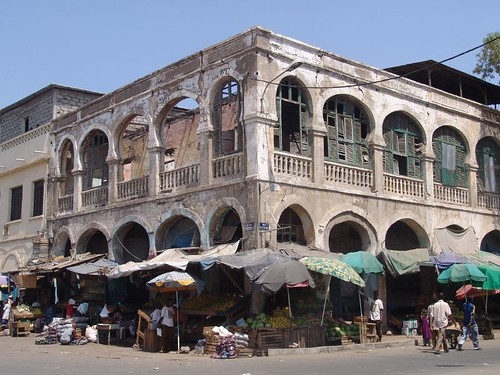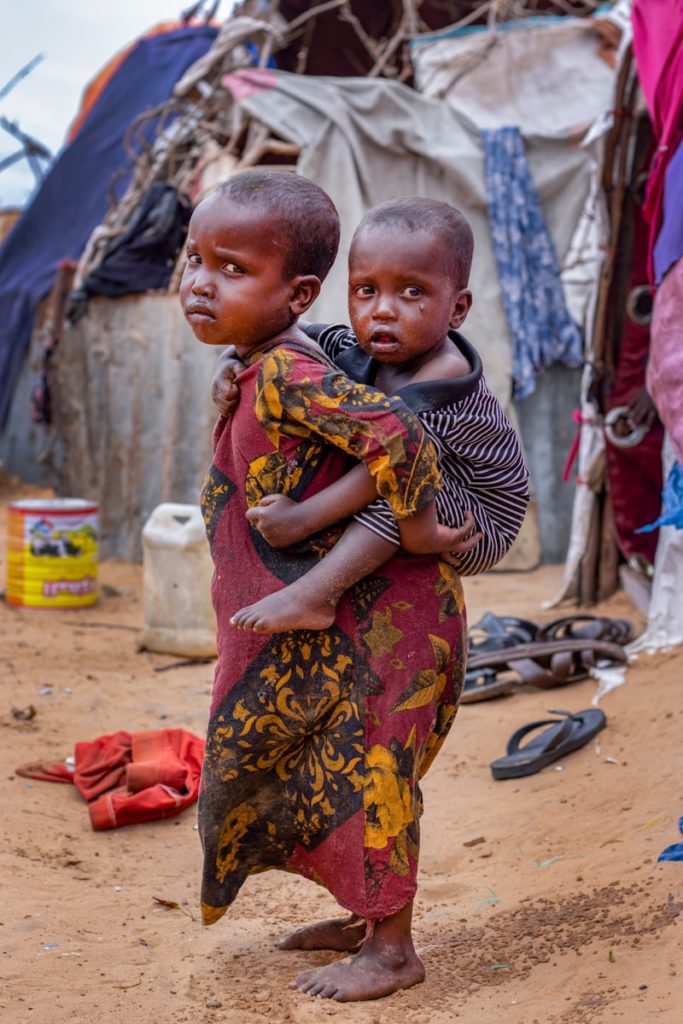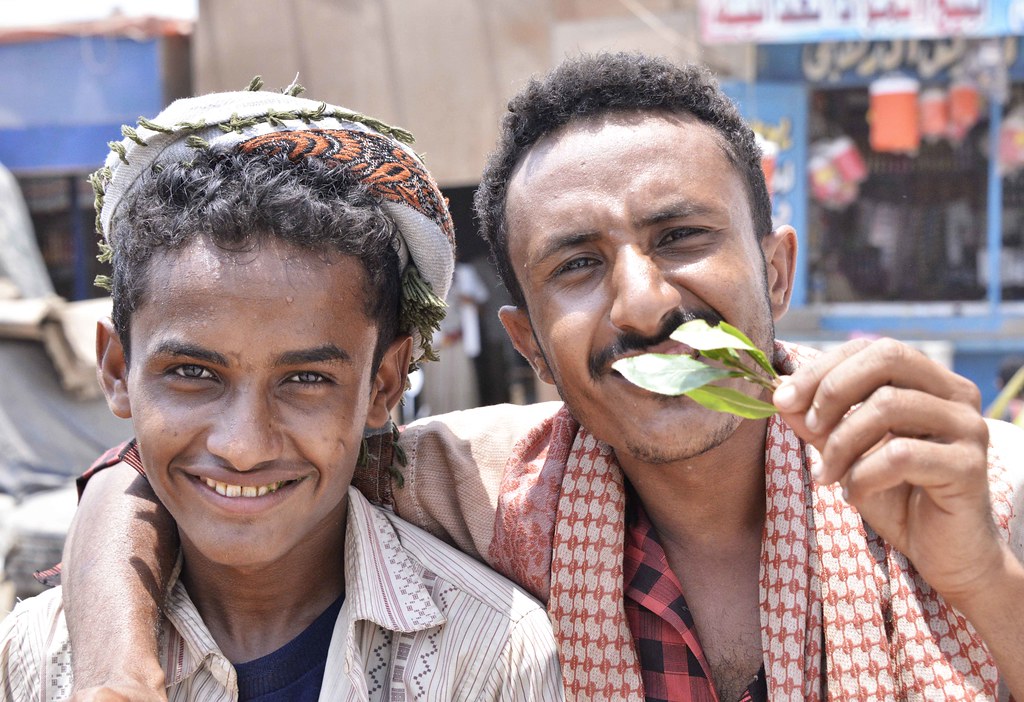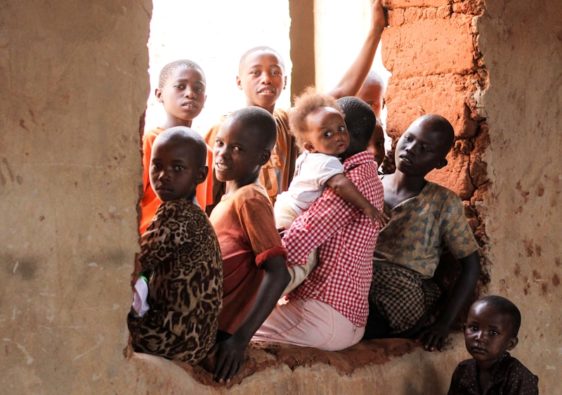Djibouti, a small yet captivating country in the Horn of Africa, is a place of striking contrasts and deep-rooted traditions. My first visit to Djibouti was in 2009, when I embarked on a field mission with an NGO to work with malnourished children in the slums of Djibouti-Ville. This experience opened my eyes to the harsh realities faced by many of the local population, yet also allowed me to discover the rich cultural tapestry and natural beauty of this often-overlooked nation.
A Brief History of Djibouti
Djibouti’s history is one of ancient civilizations, strategic importance, and cultural diversity. Located at the crossroads of Africa and the Arabian Peninsula, this small country has been a vital trading hub for centuries. It was once part of the ancient kingdom of Aksum and later became a key point along the trade routes between Africa, the Middle East, and Asia.
In the 19th century, Djibouti came under French control, becoming the French Somaliland. It wasn’t until 1977 that Djibouti gained its independence, making it one of the youngest nations in Africa. Despite its small size, Djibouti has maintained a unique cultural identity, shaped by the two main ethnic groups: the Somali and the Afar.

Life in the Slums: A Harsh Reality
During my time in Djibouti-Ville, I worked closely with malnourished children living in makeshift shelters. These shelters were often constructed from whatever materials the families could find or afford—scraps of wood, metal, and cardboard. The conditions were heartbreaking, as these children and their families struggled daily with the lack of adequate food and shelter. Despite these hardships, the warmth and resilience of the people were truly inspiring.

The Somali and Afar People: The Heart of Djibouti
The Somali and Afar people are the backbone of Djibouti’s cultural and social fabric. Working alongside the national staff, who were predominantly from these ethnic groups, was one of the most rewarding aspects of my mission. Their kindness, hospitality, and deep connection to their traditions were evident in every interaction. They are proud people with rich cultural heritages that have been passed down through generations.
The Khat Culture: A National Challenge
One of the most significant challenges facing Djibouti is the widespread use of khat, a stimulant drug that is chewed by a large portion of the male population. Khat is imported primarily from Ethiopia and has a profound impact on daily life in Djibouti. By afternoon, much of the country’s workforce is unproductive, as men gather to chew khat, leading to significant social and economic consequences. It’s also important to be cautious when traveling, especially with taxi drivers who have a noticeable “khat cheek,” as their ability to drive safely can be impaired.

Exploring Djibouti’s Natural Beauty
Despite the challenges, Djibouti is a country of incredible natural beauty. During my stay, I had the opportunity to visit several breathtaking sites. Lake Assal, one of the saltiest bodies of water in the world, was a surreal and awe-inspiring destination. The Moucha Island, located in the Gulf of Tadjoura, offered pristine beaches and crystal-clear waters perfect for snorkeling and diving. One of the highlights of my trip was diving to see an old shipwreck on the way back to the mainland, a haunting yet fascinating experience.

Cultural Immersion: A Memorable Wedding and Local Cuisine
One of the most memorable experiences during my time in Djibouti was being invited to a traditional wedding. In honor of the occasion, we purchased special traditional clothes, eager to blend in with the local customs. However, upon arrival, we quickly realized that we were the only guests dressed in traditional attire—standing out as the only three Europeans among hundreds of Djiboutians in European-style clothing. It was a humorous and slightly uncomfortable situation, but it deepened our appreciation for the cultural nuances of the country.
Exploring the local cuisine was another highlight of my time in Djibouti. The street food, particularly the fish cooked in a tandir (a traditional oven where food is grilled by sticking it to the walls of the oven), was a culinary delight. Enjoying a glass of freshly squeezed juice while watching the bustling market in Djibouti-Ville was a simple yet unforgettable pleasure.
The Tradition of Henna in Djibouti: A Cultural Artform
In Djibouti, the art of applying henna is a cherished tradition, deeply rooted in the cultural fabric of the country. Particularly during festive occasions, women adorn their hands and feet with intricate henna designs, a practice that symbolizes beauty, joy, and celebration. The vibrant, earthy tones of henna are more than just decoration; they are an expression of identity and heritage.
During my stay in Djibouti, I noticed something unique that surprised me—the red-orange henna-dyed hair and beards of older men. This was a sight I had never encountered in Western culture. Curious, I learned that in Djibouti, this practice is a common way for younger generations to care for and honor their elders. By dyeing the hair and beards of older men with henna, the community shows respect and love, ensuring that their seniors are well-groomed and looked after.
This beautiful tradition of henna, whether as intricate body art or as a symbol of care, offers a deep insight into the values and social bonds that define Djiboutian society. It’s a tradition that not only enhances physical appearance but also strengthens the ties between generations, reflecting the warmth and unity of the people in this small, yet culturally rich country.
Final Thoughts: The Hidden Gem of the Horn of Africa
Djibouti may be small in size, but it is rich in history, culture, and natural beauty. My experiences there—working with malnourished children, exploring its stunning landscapes, and immersing myself in its vibrant culture—left a lasting impression on me. This small country, with its resilient people and fascinating traditions, is a hidden gem waiting to be discovered.
If you ever find yourself seeking an off-the-beaten-path adventure, consider Djibouti. Beyond its challenges lie the stories, landscapes, and people that make this nation truly unique.

